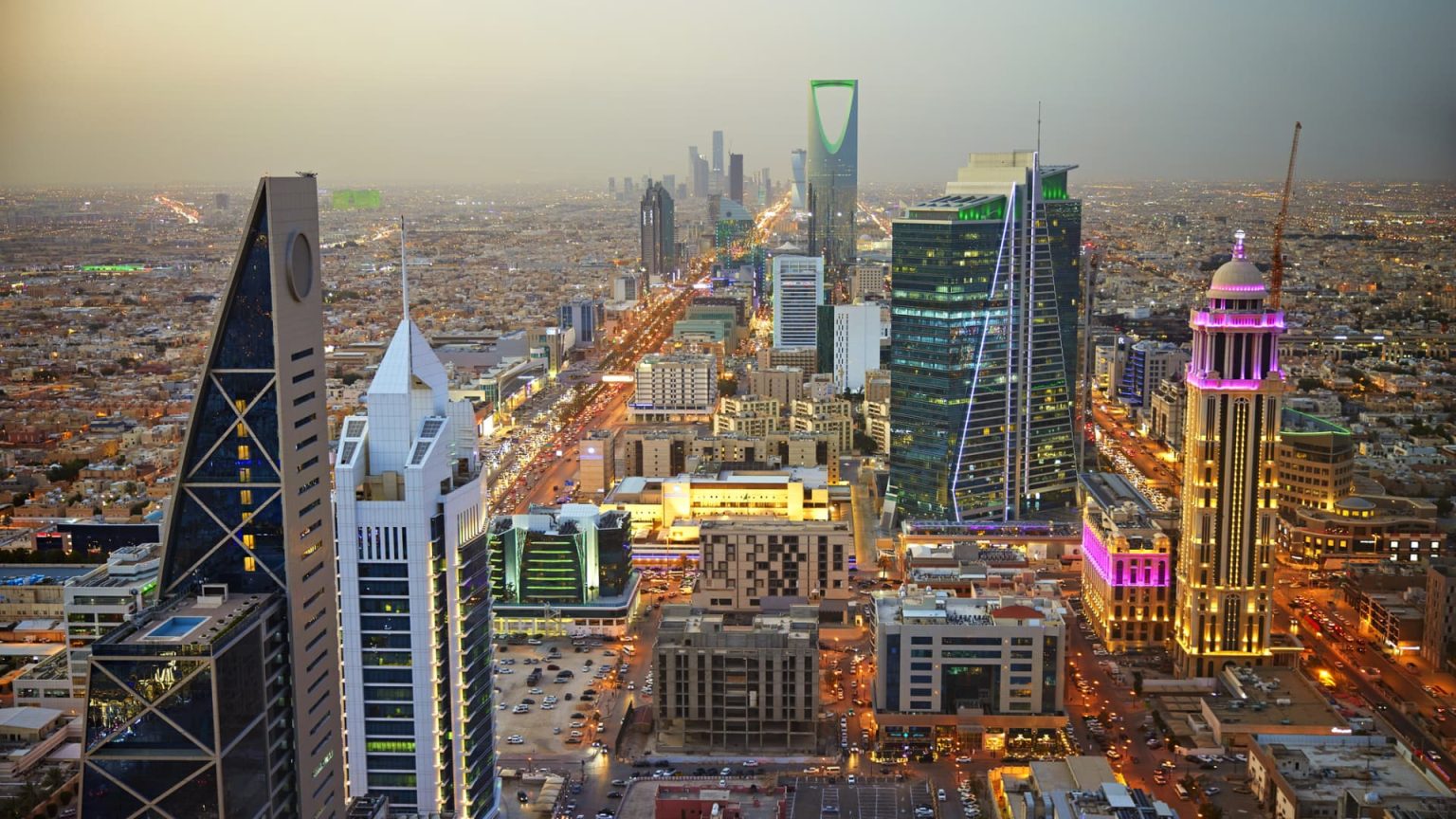Saudi Arabia’s sovereign wealth fund, the Public Investment Fund (PIF), has seen a significant increase in its assets, with a focus on domestic investments as part of the country’s Vision 2030 plan to diversify the economy. The fund’s investments in domestic infrastructure and real estate development have grown, while foreign investments have also increased. The kingdom has introduced new laws and reforms to encourage investment within the country, including requiring foreign companies to base their Middle Eastern headquarters in Riyadh to secure contracts with the Saudi government. The goal is to attract $100 billion in annual foreign direct investment by 2030, but some are skeptical of whether this target is achievable.
The new investment law is seen as critical in attracting more foreign investment, with the aim of improving local business conditions and easing restrictions that have deterred greater involvement in the Saudi economy. The law will make foreign investors’ rights and duties more uniform with those of citizens, as well as simplifying the registration process and streamlining the judicial system. It is hoped that these changes will reduce the burden on the Public Investment Fund, which has been filling the gap left by weaker foreign investment in the kingdom.
Foreign investors have traditionally viewed the Gulf region as a source of “dumb money,” where cash was readily available without much scrutiny. However, local investment managers have noted a shift towards more sophisticated investment strategies, with deeper due diligence and a more selective approach to investing. Saudi Arabia’s focus on domestic priorities and the emphasis on partnerships based on mutual trust and long-term vision have become more prominent. The country’s move towards attracting foreign investment and improving the business environment is expected to benefit both local and international investors.
The PIF’s pivot towards domestic investments has been ongoing for several years, with a clear focus on transforming the Saudi economy. The shift in focus from externally driven investments to domestic opportunities highlights the kingdom’s commitment to building a more sustainable and diversified economy. The success of the PIF now hinges on meaningful partnerships that contribute capital and seek long-term growth rather than short-term profits. While there are challenges ahead, such as higher breakeven oil prices and economic instability in the region, the new investment laws and reforms are seen as essential to facilitating greater foreign investment in the country.
Overall, Saudi Arabia’s push for increased domestic investment and reforms to attract more foreign capital reflect a strategic shift towards building a more sustainable and diversified economy. The country’s Vision 2030 plan aims to reduce its reliance on oil revenues and develop new sectors that will drive economic growth and create opportunities for both local and international investors. While there are uncertainties surrounding the ambitious targets set for foreign investment, the focus on strengthening regulations, improving business conditions, and fostering partnerships based on trust and long-term vision are key steps towards achieving these goals.


